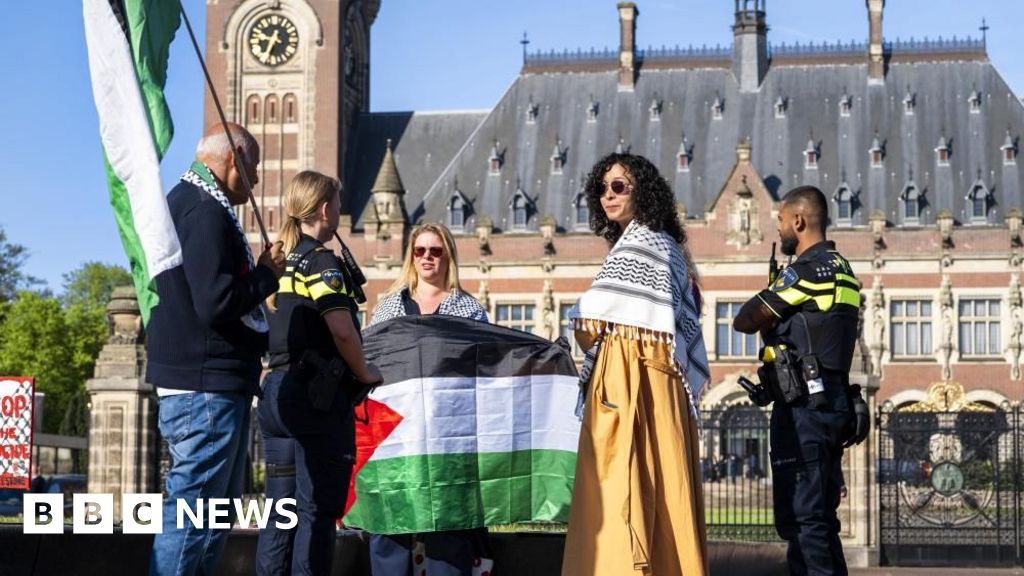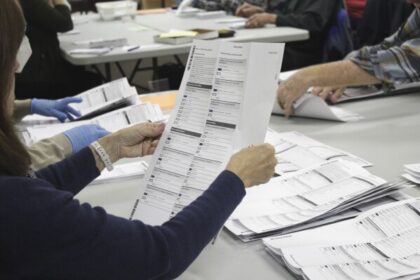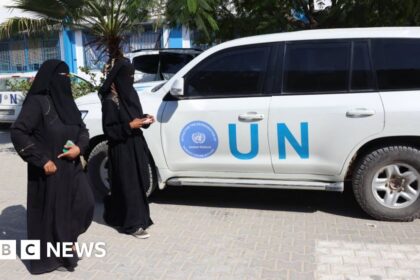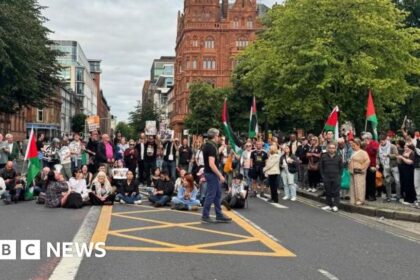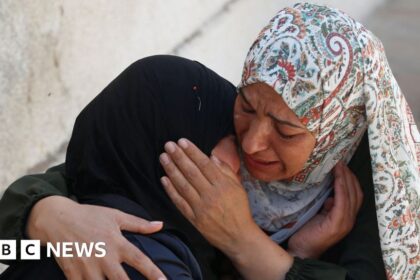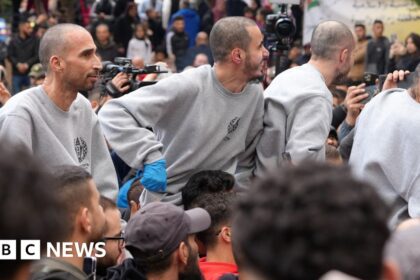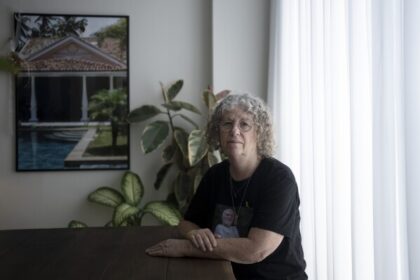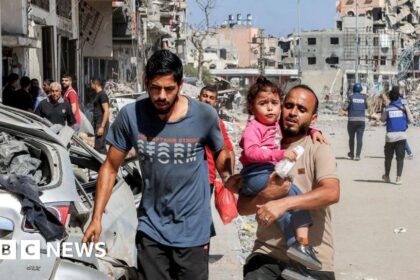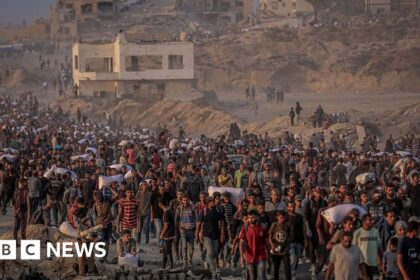**UN’s Top Court Begins Hearings on Israel’s Blockade of Gaza**
The International Court of Justice (ICJ) has started hearings to determine whether Israel should cooperate with the United Nations Relief and Works Agency for Palestine Refugees in the Near East (Unrwa) after it severed ties last year. The court will also be asked to express its opinion on what Israel should do to provide humanitarian aid to Palestinians living in Gaza and the West Bank.
The hearings come amid a worsening humanitarian crisis in Gaza, where Israel has been accused of using an aid blockade as a tool for punishment and political leverage. Last March, Israel stopped allowing aid into Gaza, claiming it was done to pressure Hamas for the release of hostages. However, the UN and aid agencies claim that food and supplies are running low.
**Disturbing Testimony**
The hearings began with disturbing testimony from Ammar Hijazi, who accused Israel of a genocidal “campaign” against Palestinians and claimed that Israel’s crimes put Palestinians in danger of irreparable harm. Israeli Defence Minister Gideon Saar responded by saying that Israel would not participate in the hearings, calling it a “circus” aimed at persecuting Israel.
**A Complex Situation**
The situation is complex, with both sides accusing each other of wrongdoing. Hamas holds 59 hostages taken during an attack on Israel last October, while Israel has killed over 52,000 Palestinians in response to the attack. The US and Hungary are the only two countries that could defend Israel in court.
**Humanitarian Crisis Deepens**
The humanitarian crisis in Gaza has deepened since the ceasefire collapsed earlier this year. A large majority of countries voted at the UN General Assembly to have the ICJ get involved, citing Israel’s obligations under international law as an occupying power. The current blockade is the longest experienced by Gaza, with severe shortages of medical supplies, equipment, and medicine for hospitals overwhelmed by casualties.
**Food Shortages Worsen**
The World Food Programme (WFP) has reported that all 25 bakeries it supported in Gaza had to close due to a lack of wheat flour and cooking fuel. Malnutrition is on the rise, with food prices increasing by up to 1,400% since the ceasefire. Shortages of essential commodities have caused serious nutrition concerns among vulnerable populations.
**A “Manmade Famine”**
The head of Unrwa has described the situation as a “manmade famine” tightening its grip across Gaza. Human rights groups claim that Israel uses the aid blockade to punish collectively and gain political leverage during negotiations for hostage release.
**International Pressure**
France, Germany, and the UK have condemned the blockade of Gaza as “intolerable.” They also criticized Israeli Defence Minister Katz’s remarks linking the provision of aid with political pressure on Hamas. The Israeli Foreign Ministry rejected criticism, claiming that more than 25,000 lorries with almost 450,000 tonnes in aid entered Gaza during the ceasefire.
**A Test for Israel**
The hearings are a significant test for Israel’s compliance with international law since the ICJ’s landmark rulings earlier this year ordered Israel to take immediate measures to allow aid into Gaza unhindered. The outcome of the hearings could have far-reaching implications for the humanitarian crisis in Gaza and the Middle East as a whole.
**A Commentary**
The situation in Gaza is dire, with both sides locked in a cycle of violence and retaliation. The ICJ’s hearings offer a rare opportunity for an impartial assessment of Israel’s actions and obligations under international law. As the hearings continue over the next five days, it is clear that the humanitarian crisis in Gaza will only deepen unless a solution is found to allow aid into the territory unhindered.
Read More @ www.bbc.com




